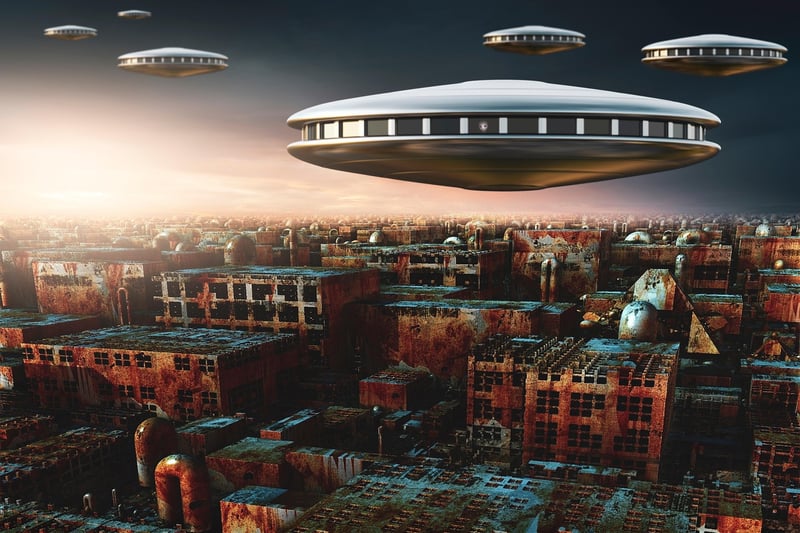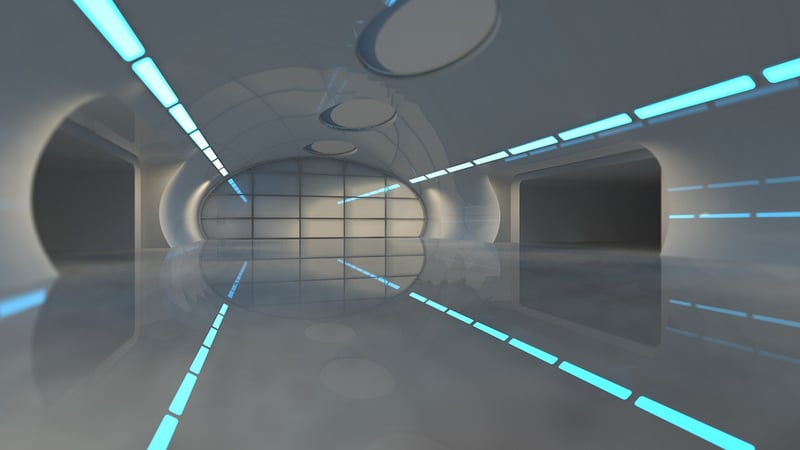Sci-Fi Literature
The Intersection of Imaginative Tales and Sci-Fi Literature
Science fiction literature has long been a breeding ground for imaginative tales that transport readers to distant worlds, alternate realities, and futuristic societies. The genre's ability to blend scientific possibilities with creative storytelling has captivated audiences for decades. From classic works by authors like Isaac Asimov and Arthur C. Clarke to modern masterpieces by N.K. Jemisin and Liu Cixin, sci-fi literature continues to push the boundaries of the imagination.
The Power of Imagination in Sci-Fi
At the core of science fiction lies the power of imagination. Authors use this power to envision worlds where technology has advanced beyond our wildest dreams, where alien civilizations thrive, and where the laws of physics are mere suggestions. Through their creativity, they invite readers to explore these realms and contemplate the impact of scientific progress on society, ethics, and the human condition.
Exploring Themes Through Sci-Fi
Sci-fi literature serves as a lens through which authors explore a wide range of themes, from the nature of consciousness and artificial intelligence to the consequences of environmental degradation and space exploration. By extrapolating current scientific trends into the future, writers can shed light on pressing issues facing humanity and spark conversations about the paths we choose to follow.
Notable Works in Sci-Fi Literature
- Foundation Series by Isaac Asimov
- 2001: A Space Odyssey by Arthur C. Clarke
- The Left Hand of Darkness by Ursula K. Le Guin
- The Three-Body Problem by Liu Cixin
Imagery in Sci-Fi
Imagery plays a crucial role in bringing the worlds of science fiction to life. From futuristic cityscapes and alien landscapes to advanced technology and otherworldly beings, visual representations enhance the reader's immersion in these fantastical realms.

The Future of Sci-Fi Literature
As technology advances and our understanding of the universe deepens, the possibilities for sci-fi literature are endless. Authors continue to push boundaries, challenge conventions, and inspire readers to dream of what lies beyond the stars. The intersection of imaginative tales and scientific exploration in sci-fi literature remains a vibrant and ever-evolving landscape of creativity and wonder.
